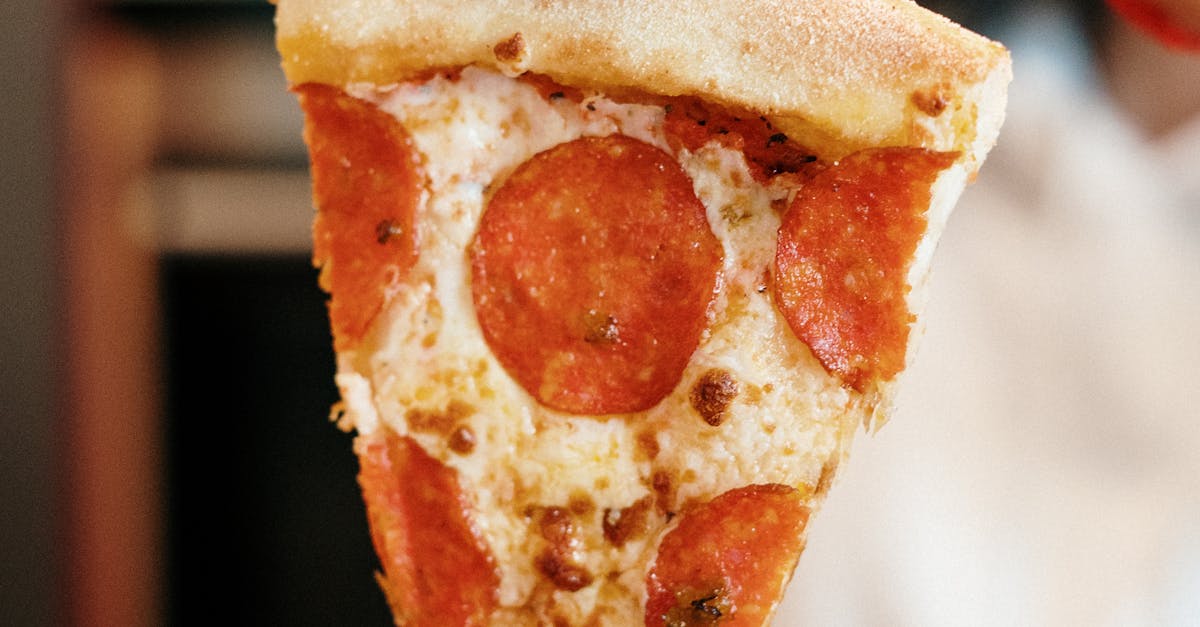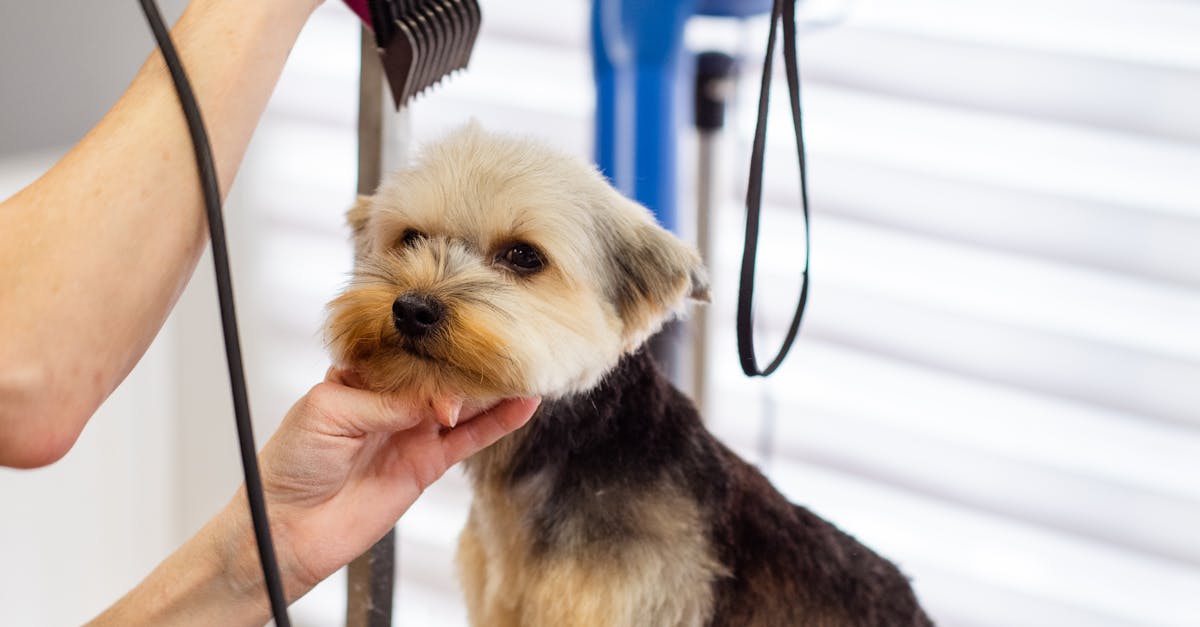
Why Do Dogs Chew On Paws
- October 03, 2024
- 3 min Read
- Views 1.01K
Why Do Dogs Chew on Paws?
It is quite common to see dogs engage in a variety of behaviors that might seem curious to their human companions. One such behavior is paw-chewing. You may find yourself wondering, "Why do dogs chew on paws?" This can be both a frequent and worrying habit that might point to different underlying issues ranging from psychological to physical. Understanding the causes of this behavior is important to ensure your furry friend remains happy and healthy.
Behavioral Causes
Behavioral reasons are among the most common explanations for why dogs chew on their paws. Dogs are highly expressive creatures, and chewing can serve as a way for them to handle stress, anxiety, boredom, or frustration. For example, separation anxiety might lead a dog to chew on their paws for comfort when left alone. Chewing acts as a soothing mechanism that helps them cope with unpleasant emotions.
Similarly, insufficient physical or mental stimulation can lead dogs to develop repetitive behaviors such as paw-chewing. Ensuring that your dog receives adequate exercise and mentally stimulating activities may help curb this behavior.
Medical Causes
When exploring "why do dogs chew on paws," it is crucial to consider potential medical causes. Skin irritations such as allergies are a common culprit. Dogs can develop allergic reactions to various environmental factors like pollen, dust mites, or particular food ingredients, leading to itchy skin and persistent paw-chewing.
Moreover, infestations such as fleas, ticks, or mites could also lead to excessive chewing as dogs attempt to relieve itchy skin. Additionally, injuries or foreign objects lodged in a dog's paw might cause discomfort that they attempt to alleviate through chewing. Veterinary attention is crucial in diagnosing and treating these medical conditions.
Environmental Causes
Environmental factors might provide insight into why dogs chew on paws. Chemical de-icers, lawn treatments, or other irritating substances picked up during walks can lead to contact dermatitis. This condition causes itchiness and discomfort, leading your dog to chew on their paws as they seek relief.
Addressing environmental conditions involves carefully washing your dog's paws after potential exposure to irritants and possibly using protective booties during walks.
Guide: Preventing and Managing Paw Chewing
- Veterinary Consultation: Visit a veterinarian to rule out medical issues such as allergies or infections.
- Behavioral Modification: If anxiety or boredom is the reason, consider using toys, puzzles, or training exercises to keep your dog engaged.
- Routine Grooming: Regular grooming can help identify and remove foreign objects or pests from paws.
- Paw Protection: Utilize protective gear like booties to shield paws from environmental irritants.
- Monitor and Adjust Diet: If allergies are suspected, discuss potential dietary changes with a vet.
FAQ
Q: Is paw chewing always a cause for concern?
A: Not always. Occasional paw-chewing can be normal, but frequent or intense chewing warrants vet consultation.
Q: Can I use home remedies for paw-chewing?
A: While some home remedies may provide temporary relief, it's important to address the root cause with professional guidance.
Q: How can I tell if my dog is chewing due to stress?
A: Look for other signs of anxiety, such as pacing or whimpering, and consider potential environmental stressors.
Tags
#Dogs #PetCare #PawChewing #PetHealth #AnimalBehavior
References
1. American Kennel Club: Why Does My Dog Chew His Paws?
2. Cornell University College of Veterinary Medicine: Canine Health Information
People Also View
-
1October 01, 2024
-
2October 03, 2024
-
3
How to build a 10-minute workout routine for people with injuries
October 02, 2024 -
4October 03, 2024
-
5October 13, 2024
Categories
- Near Me 2147 Posts
- How To 548 Posts
- Where To 257 Posts
- Why 90 Posts
- How Much 97 Posts
- Travel 202 Posts
- Food And Drink 815 Posts
- Shopping 797 Posts
- Lifestyle 1050 Posts
- Automotive 364 Posts
- Digital Income 70 Posts








